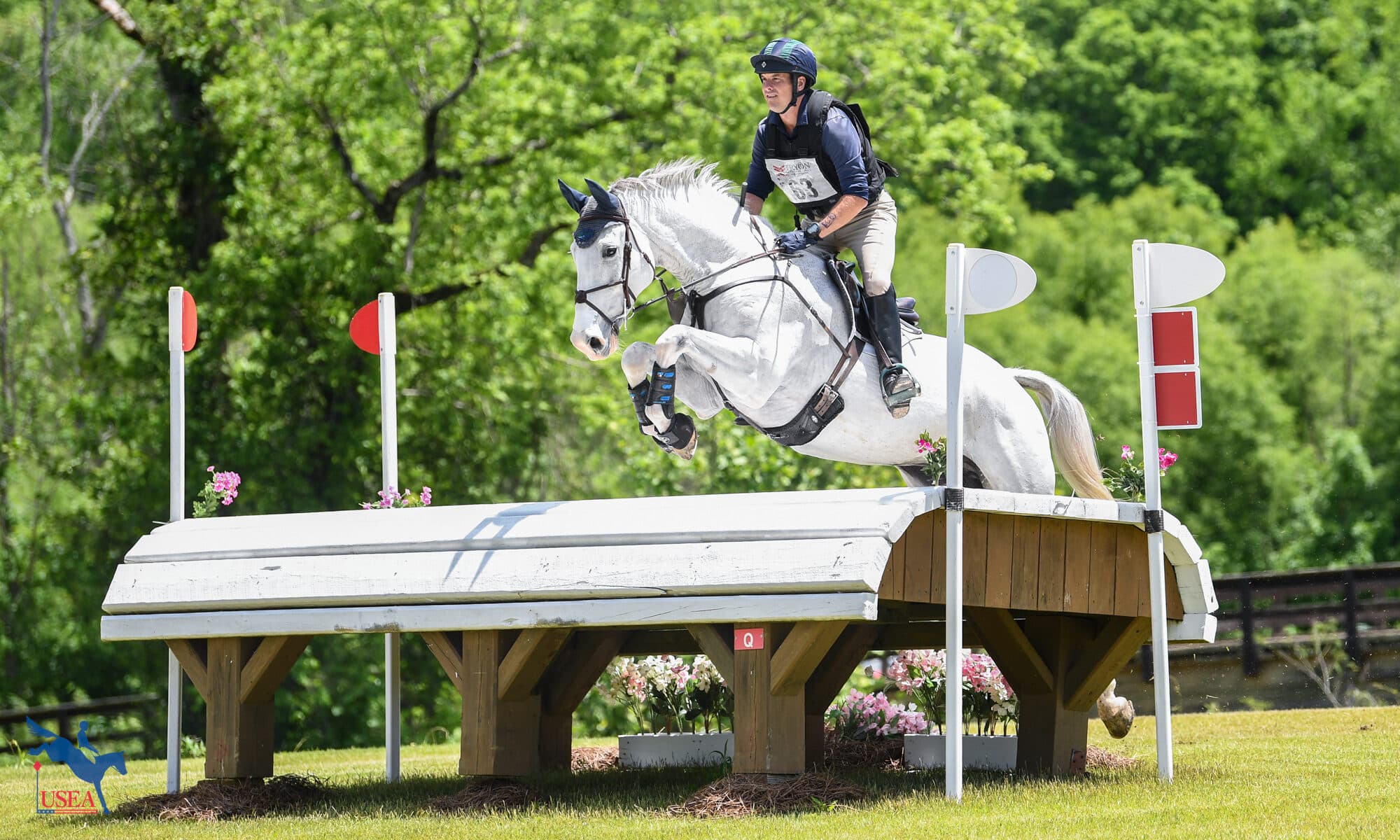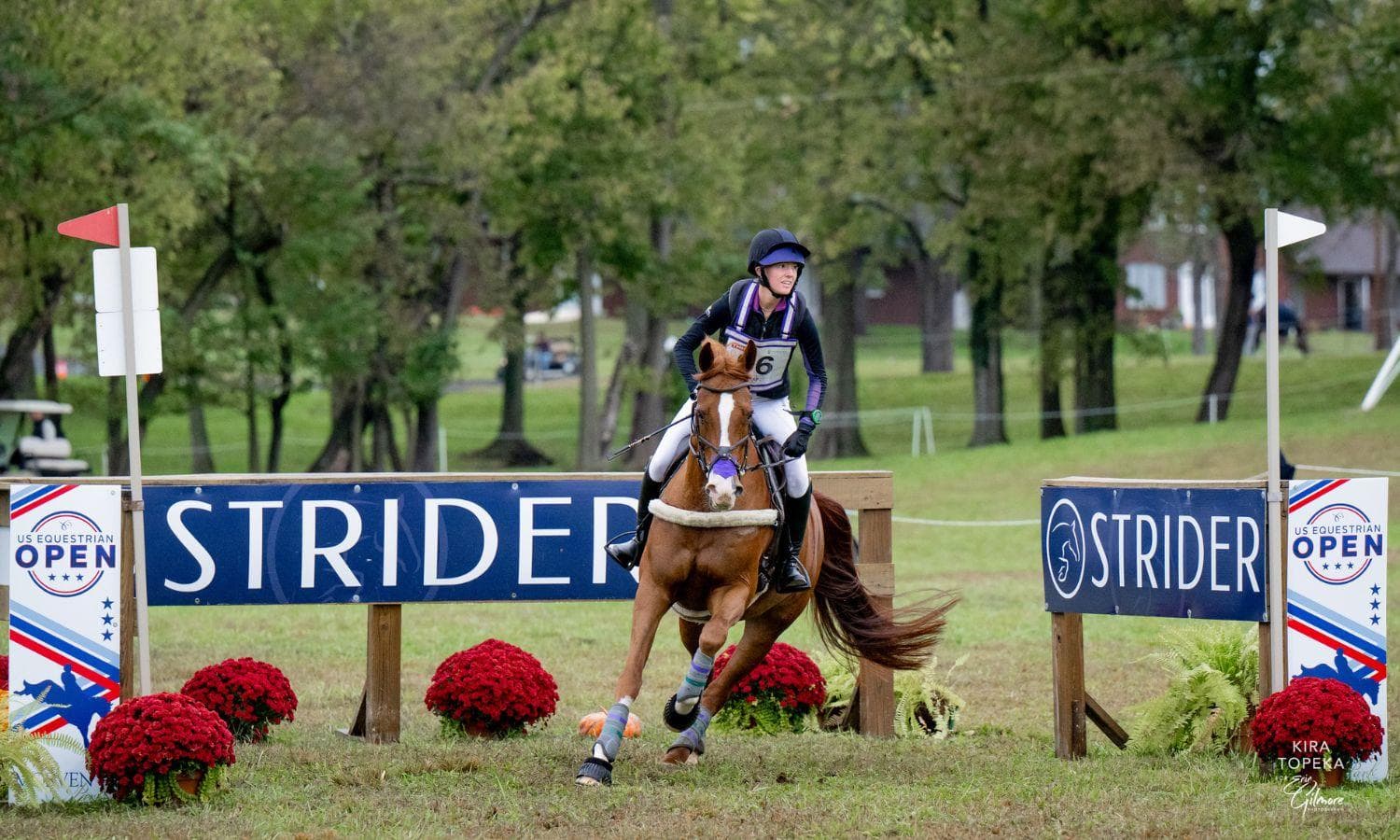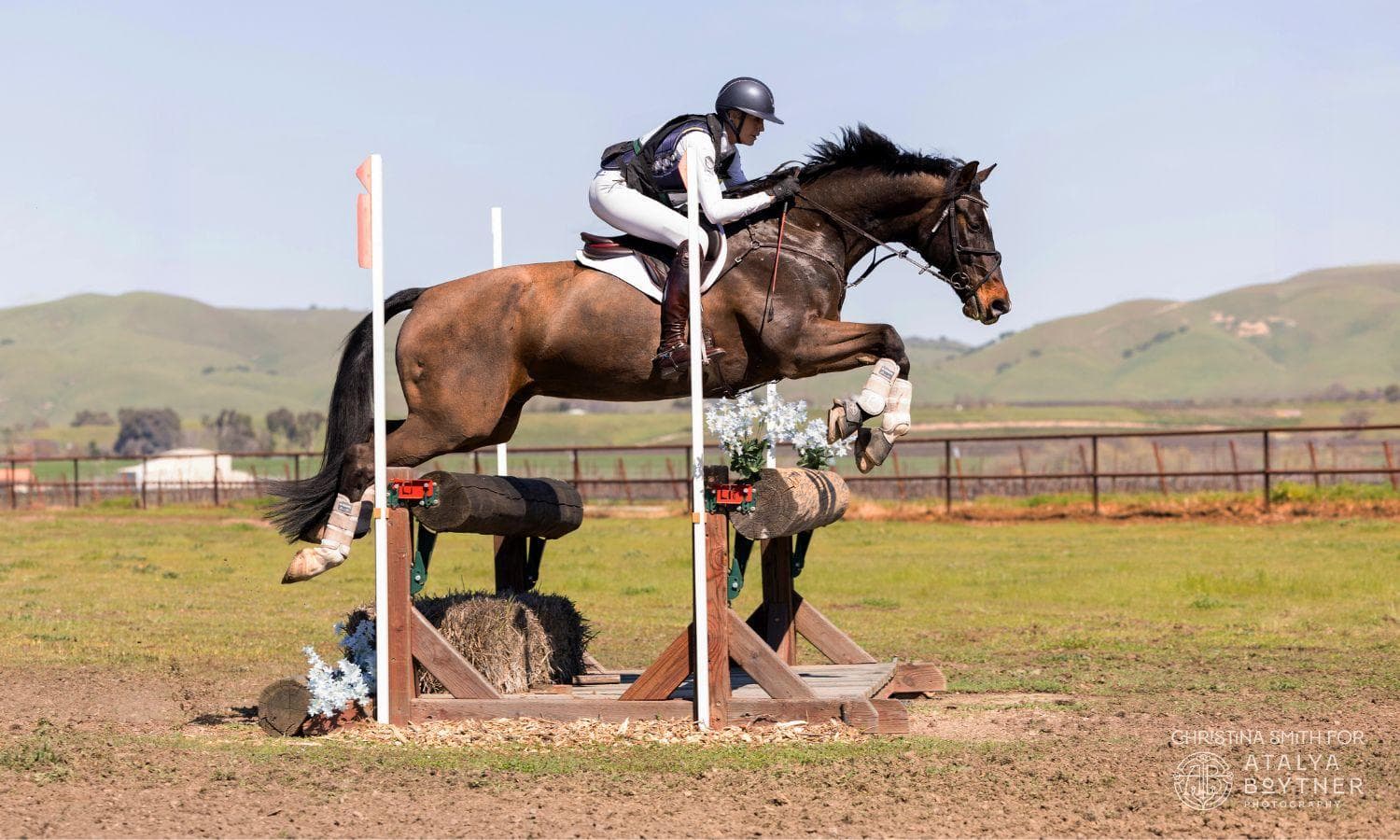Pressure Proof with Daniel Stewart: Tomato Salad?

Two months ago we began a conversation about growth and fixed mindsets and the many different mental habits and behaviors that create them. In my Thanksgiving Pressure Proof tip I introduced you to the first two of many such habits: the greed and gratitude mindsets. If you missed that tip, riders with a greed mindset always want more and struggle being happy with what they have. They also believe that talent and skill comes in fixed quantities and that no matter what they do they’ll never be able to increase them.
Riders with a gratitude mindset, however, tend to be happier and more successful than their greed counterparts because they want everything they have and believe that their talent can grow. They know that fancier, nicer, and bigger exist but don’t dwell on it. They use the tools they have and find ways to allow those tools to increase their success and improve their talent. As you can probably tell, greed-based habits typically lock riders into the fixed-mindset while gratitude-based behaviors almost always place riders onto the growth-mindset team.
This month we’ll discuss four new mental habits and how they impact our belief that progress and potential are either fixed or can grow over time. The first two mental habits are the victim and the survivor mindsets.
Riders with a victim mindset think that life is unfair, and there’s nothing they can do about it (so why even try). This mindset is also called learned-helplessness because these riders have learned to feel helpless; to believe they’re just victims of their circumstances, and nothing they do will make any difference. Riders with a survivor mindset, however, don’t believe they’re victims, but instead relish the opportunity to find solutions to curious challenge (including mistakes and failures). To these riders, such obstacles aren't problems that need to be avoided, but questions that beg to be answered. Hard work and curiosity are their greatest tools as they define themselves by the efforts they make, not the outcomes they receive. Behaving like a victim is a part of the fixed mindset. Behaving like a survivor is part of the growth mindset.
The second set of mental habits we’ll discuss are the scarcity and abundance mindsets. Riders with the scarcity mindset tend to focus on what they don’t have (what’s scarce in their lives like good equitation or a winning record) and believe that they don’t have enough talent to be successful (or enough time to get there). These riders spend so much time focusing on what’s scarce (not having enough or not being enough) that they forget to try to make things better. Riders with an abundance mindset, however, focus on what they do have, and instead of thinking in terms of equitation and win records, they think in terms of time and effort, knowing that they have an abundance of both. They know that they have plenty of time to improve their talent as long as they continue making an effort. Behaving with scarcity is part of the fixed mindset. Behaving with abundance is part of the growth mindset.
So why are we spending so much time talking about helpful and hurtful mental mindsets? Well, the answer is clear. When we become aware of many different mental habits that either help or hurt us, we can make better and more educated decisions in the future based upon how we intend to act or react to emotional challenges. I recently read a fun definition of the difference between smart and intelligence. Being smart is knowing that a tomato is a fruit. Being intelligent is knowing not to put it in a fruit salad! Likewise, being smart is knowing that it’s unwise to feel like a victim and only focus on what we don’t have. Being intelligent, however, is knowing that we always have the choice, and the power to never let the victim and scarcity mindsets become part of our riding lives or our life’s story.
I hope you enjoyed this Pressure Proof tip and are looking forward to learning more about the growth and fixed mindsets and the many mental habits that create them in the coming months. If you’re a visual learner and would like to take my online self-paced equestrian sport psychology class (30 videos, pdf’s and short quizzes) just visit: https://daniel-stewart-s-school.teachable.com/p/equestrian-sport-psychology.















